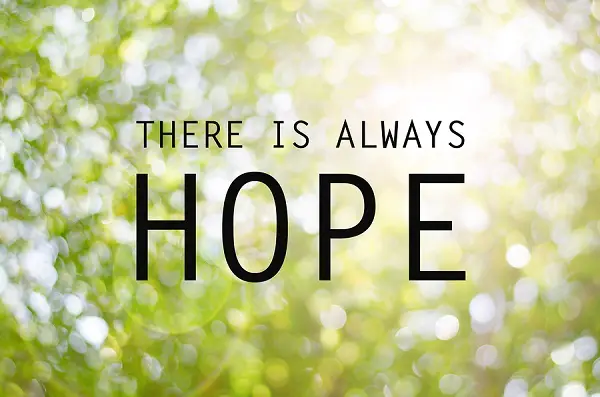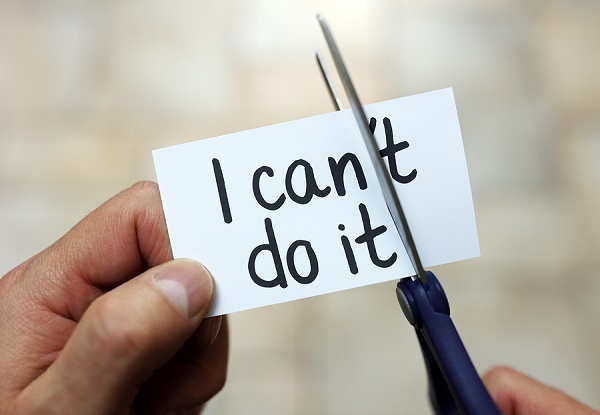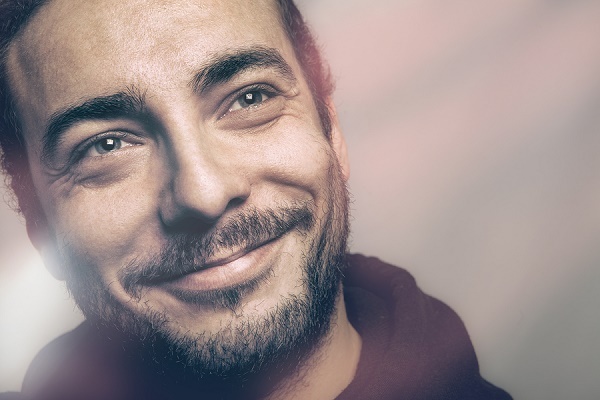Why Hope Is the Key to Successful Addiction Recovery

What is hope?
Ask ten different people and it is likely that you will get ten different but strangely vague responses. The general understanding of hope is far too limited. Making it successfully through addiction recovery requires a clear understanding of hope.
What Hope Is Not
Hope is not a wish. It is not the anxious wish that you will get a bicycle for Christmas or a car for graduation. It is not simply wanting and waiting.
Hope is not a prayer. While hope is certainly an element involved in prayer, prayer itself is not hope.
Hope is not optimism. “Optimism is an attitude. You think your future will be better than today.” – Shane J. Lopez, Ph.D
Hope is not a feeling. Yet, hope elicits good feelings about what is to come.
While it may seem counter to the explanation of hope, because it has already been said that “hope is not a wish,” take a moment to listen to “When You Wish Upon a Star” from the Disney classic, “Pinnochio.” There is a line in the lyrics that points to how hope should really be defined.
Did you catch it? “When your heart is in your dream, no request is too extreme.” It may not be clinical, but it is true. When you are willing to put your heart into it, hoping for successful recovery from addiction is not too extreme. In fact, when you determine to put your heart into it, hopelessness disappears.
What is the difference? You have decided to do something about it. You have determined that you will succeed. You pour your heart and soul into the recovery process. It is only then that a wish becomes a certain hope. The rest of the quote from Dr. Lopez is, “Hope is both the beliefin a better future and the action to make it happen.”

Understanding Hope
In his book, The Anatomy of Hope, Dr. Jerry Groupman explains that “Hope is different than merely thinking positively because hope requires an understanding and acknowledgment of the obstacles.” He goes on to explain that the knowledge and awareness of what has happened that led to your addiction, your current circumstances, and the obstacles that must be overcome actually generate chemicals in the brain that are more powerful than any drug created by man.
Those chemicals do not require a prescription. Neither are they dispensed only at times when the hands on the clock point to particular numbers. The chemical generated in the brain by an understood and acknowledged problem and the determination to put your heart into your dreams is available and dispensed all day and all night. That chemical change drives hope. “Our beliefs and expectations—the foundation on which hope is built—can trigger the release of these healing chemicals.” Now, it is easy to understand the necessity of hope.
The Necessity of Hope
Professional therapist, Deanna Daniels, says that “Hope is a necessary component of the therapeutic process.” Education and experience have taught her that “hope opens doors and has the power to sustain us through the most difficult of times and circumstances.”

What Hope Looks Like
Dr. Lopez has described hope as having four essential features. This is what hope looks like, understanding and acknowledging that:
- The future will be better than the present.
- I have the power to make it so.
- There are many paths to my goals.
- None of them is free of obstacles.
When You Have Hope
“You may not always have a comfortable life and you will not always be able to solve all of the world’s problems at once but don’t ever underestimate the importance you can have because history has shown us that courage can be contagious and hope can take on a life of its own.” – Michelle Obama
If you are looking for real hope, hope that will free you from addiction, contact us now. We can help you turn your despair into hope and your hope into reality.




